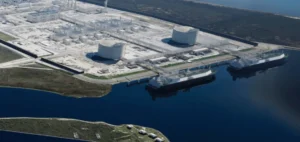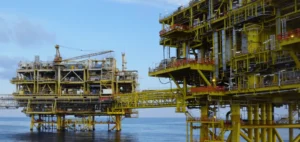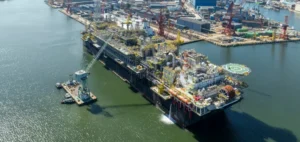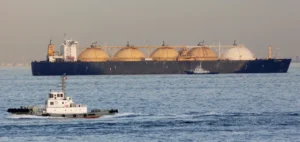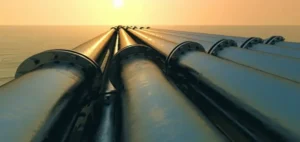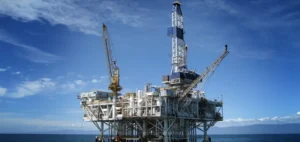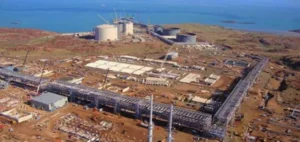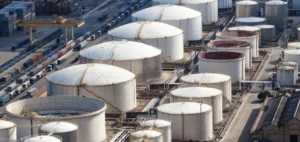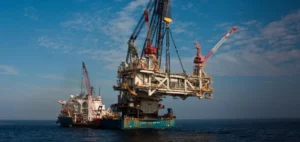stopSakhalin-2 gas and oil project in the Russian Far East at the height of winter demand. Japan wants to keep its LNG supply in the Russian Far East despite the sanctions against Russia.
Japan’s supply in danger following the nationalization of Sakhalin-2
The war in Ukraine led by Russia has had a strong impact on supplies to Japan, especially since the nationalization of Sakhalin-2. In June, Moscow signed a decree providing for the transfer of all shares in Sakhalin-2 to a new Russian company created by the State. Gazprom nevertheless retains its 50% share. While the foreign partners have one month to say if they want to take shares in the new company.
As a result, Mitsui & Co (12.5%) and Mitsubishi (10%) get the green light from Moscow and keep their participation in the project. Sakhalin-2 is a key issue for Japan, which imports 8% of its LNG from Russia.
In addition, Japan wishes to commit itself against climate change and reduce its dependence on fossil fuels. However, the country is struggling to compensate this reduction in energy production with cleaner sources. He also wants to give priority to nuclear power, but in a country traumatized by nuclear power, this is a difficult task.


